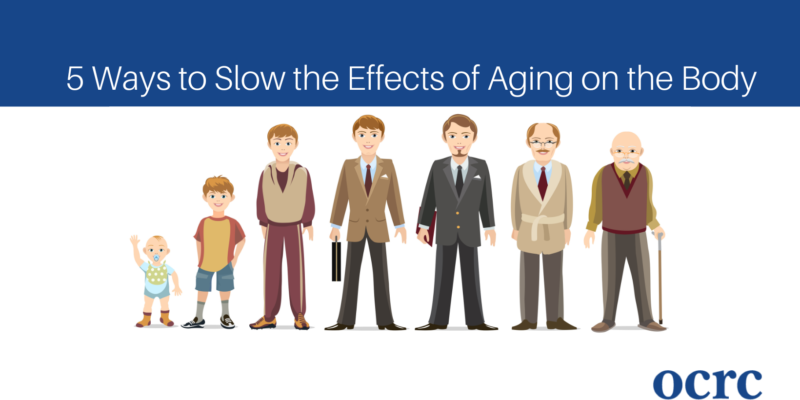
Getting older is a natural human process, but it doesn’t have to be unpleasant. Keep reading for tips on how to slow the effects of aging on your body (and mind).
Our skin is the largest organin our body, yet it doesn’t always get the attention it deserves. Dry skin may be a sign that your body is in need of something more than a face mask—in fact, simply drinking water is one of the most effective forms of care you can give to your skin. With our bodies being made up of 50-65% water, it’s only logical that water keeps us functioning.
The standard recommendation is to drink eight glasses of water per day, which can seem daunting. If you find yourself constantly feeling dehydrated, try making it a habit to carry a bottle of water with you everywhere you go and sip consistently. If you’re thirsty, drink some water before opting for an iced coffee. Drinking water on a regular basis can help to replenish and increase the elasticity of the skin, which can lead to brighter skin and fewer wrinkles down the road.
Similar to how water should be consumed on a slow and steadybasis rather than all at once, consider eating several small meals throughout the day, rather than a few big ones. When you eat, your body produces insulin which should be happening at a steady pace rather than a few big spikes throughout the day.
If you find yourself suddenly feeling really hungry between meals, you might want to consider breaking your three meals into six, or possibly even intermittent fasting, which means having an eight-hour window of eating, and a 16-hour food-free window (water is allowed!). This can help to boost your metabolism and prevent insulin spikes and cellular harm, which can lead to the development of diseases such as diabetes and vascular diseases.
It’s important to keep quality andquantity in mind, no matter how you choose to schedule your meals. A healthy diet with minimal processed foods and sugars can aid in weight loss for the near future, and disease prevention for the long run.
Aches and pains don’t need to be a normal part of life. Regular exercise doesn’t have to mean going to the gym every day, but it does mean making a conscious effort to move your body, especially if you have a job which requires a lot of sitting. Author Bernard Duvivier, M.D., Ph.D, recommends replacing at least two hours per day of sitting time with standing and moving around whenever possible—going for a walk at lunch, standing up for a phone call, or working at a standing desk, for example.
A study at the University of Birmingham showed that older people who had exercised throughout most of their lives had similar muscle mass, cholesterol levels, and immune system function of much younger populations. Exercising can also provide mental benefits, such as reduced depression and anxiety and increased overall cognitive function.
Another benefit of exercise is stress reduction, which is essential to aging well. Chronic stress can be hard on your mind, but it’s also hard on your body—it literally shortens the length of your DNA strands, which is a cause of many chronic diseases and premature deaths.
Depending on your preferences and lifestyle, you may find yourself relaxing through yoga or meditation, socializing, spending time on a hobby, or being outdoors. No matter what you prefer, you should always be making sure you get enough sleep and spend time on self-care; seeking professional mental help can also reduce chronic stress, which will be sure to benefit you in the long run.
